Many clients who come to therapy are hesitant to explore family of origin issues that impact their current level of functioning. Many therapists use theory that is forward-focused and does not have an emphasis on past issues, but it is important to get a clear history of adverse childhood experiences (ACE’s) to know how best to help our patients.
What are ACE’s and why should we care? Adverse childhood experiences are events that occur in a person’s life before the age of 18, which can be associated with either emotional abuse, physical abuse, or sexual abuse. The number of ACE’s one has predisposes that person to lifelong negative consequences, impacting mental health, addiction, and physical health.
ACE’s fundamentally change a person’s brain, impacting their judgment, perceptions, and behaviors. The brain becomes hardwired to seek and respond to peak dopamine experiences that come with high-risk behaviors, including substance use. The brain tells that individual that these high-risk behaviors are necessary for our very survival, negatively impacting their impulse control and rational thinking.
Are we doomed? No. More and more therapists are trained in trauma-informed care and are well equipped to treat those with ACE’s. If you or a loved one is wondering why you are not happy, why you can’t seem to control a maladaptive behavior, or why you seem stuck in an unhealthy pattern that keeps repeating, therapy will help.
Written by Susan Dow MS, LADC, MFT-Intern

